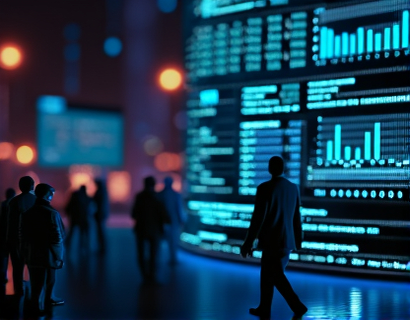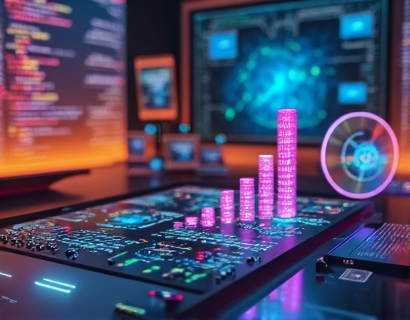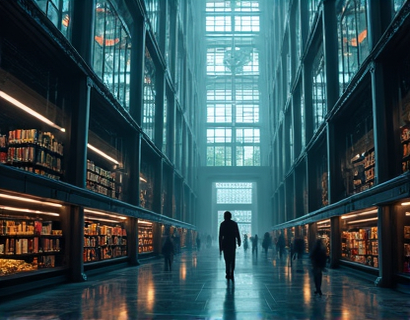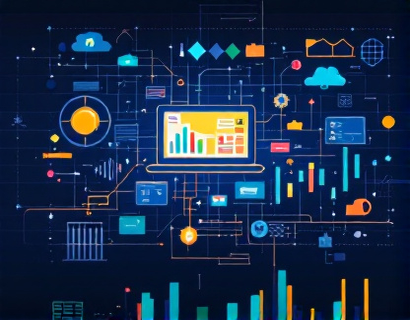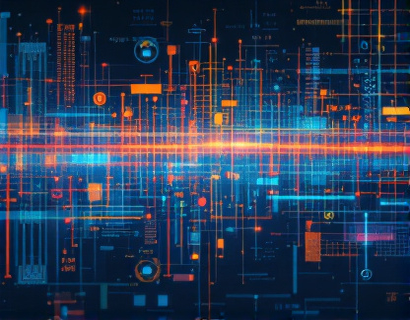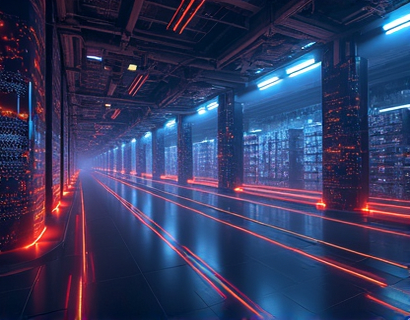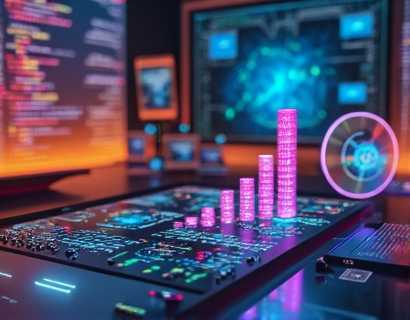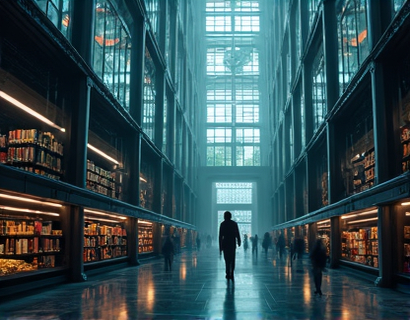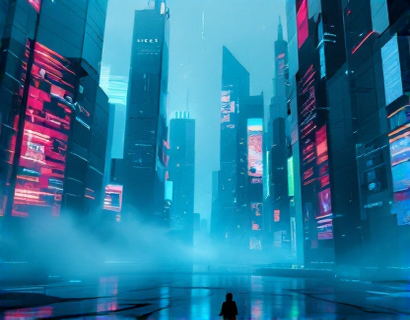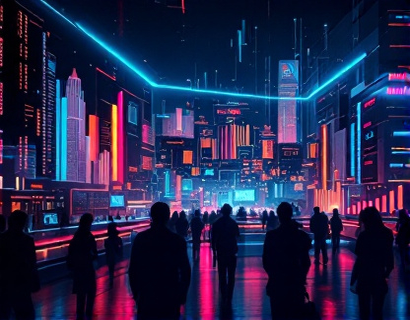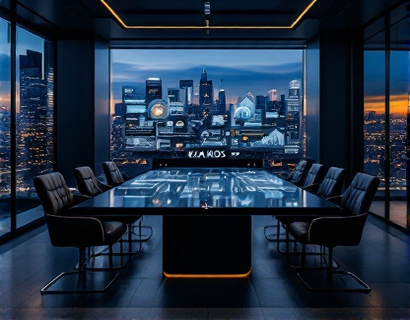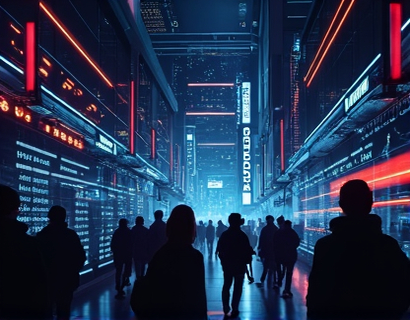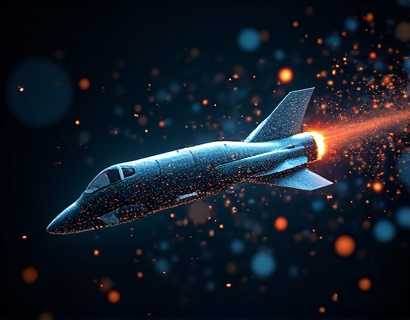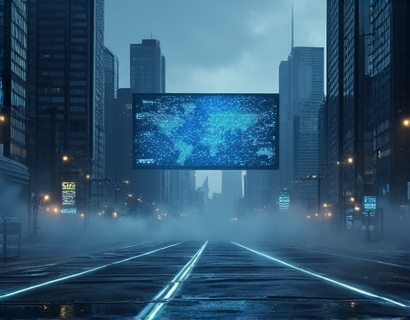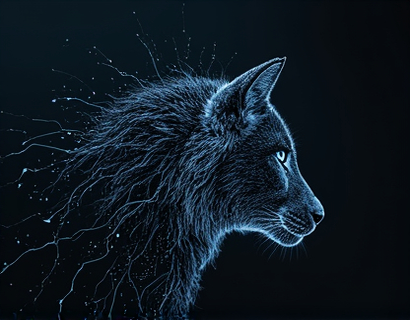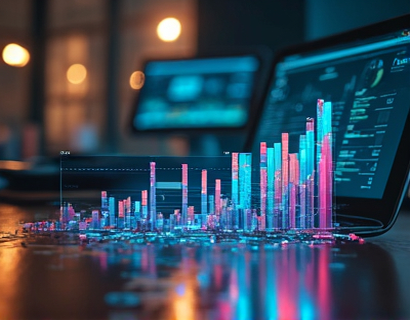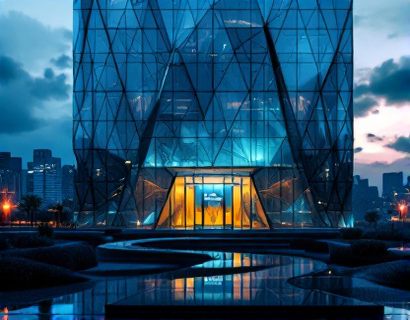AI-Powered Creativity Enhancement: Revolutionizing Film, Music, and Gaming Production with Advanced Technology Solutions
In recent years, the entertainment industry has witnessed a significant transformation driven by the integration of Artificial Intelligence (AI) technology. This shift is not merely an incremental improvement but a revolutionary change that is redefining how creativity is enhanced, production processes are optimized, and project management is streamlined. The focus here is on the advanced AI solutions that are reshaping the landscapes of film, music, and gaming production, providing professionals with unprecedented tools to achieve exceptional results and set new industry standards.
Enhancing Creativity in Film Production
The film industry, known for its high production values and creative demands, has found in AI a powerful ally. AI-driven tools are now capable of assisting in scriptwriting, offering suggestions that can spark new ideas or refine existing ones. These tools analyze vast databases of successful scripts, identifying patterns and trends that human writers might overlook. By understanding the structural elements that contribute to a script's success, AI can provide writers with valuable insights and suggestions, thereby enhancing their creative process.
Beyond scriptwriting, AI is also making waves in visual effects (VFX) and animation. Traditional VFX workflows are time-consuming and require extensive manual effort. AI algorithms can automate repetitive tasks, such as background removal and object tracking, significantly reducing the time and cost associated with these processes. In animation, AI-powered character animation tools can generate realistic movements and expressions, allowing animators to focus more on storytelling and less on the technical aspects of character movement.
Moreover, AI is revolutionizing the pre-production phase by enabling more accurate casting suggestions and location scouting. By analyzing data from previous successful films, AI can recommend actors whose styles and performances align with the desired character traits. For location scouting, AI can process vast amounts of geographical and environmental data to identify the most suitable locations, saving time and resources.
Optimizing Music Production
The music industry has also embraced AI technology, transforming the way songs are composed, produced, and distributed. AI-powered composition tools can generate musical ideas, from melodies to chord progressions, providing artists with a wealth of creative options. These tools learn from a vast array of musical genres and styles, enabling them to suggest unique combinations that might not have been considered otherwise. This not only speeds up the composition process but also opens up new avenues for artistic exploration.
In music production, AI is streamlining the recording and mixing processes. AI algorithms can analyze audio tracks in real-time, offering suggestions for adjustments in equalization, compression, and reverb. This real-time feedback helps producers make more informed decisions, leading to higher quality recordings. Additionally, AI-powered virtual instruments and sound design tools allow musicians to create complex sounds and textures with ease, expanding the creative palette available to them.
AI is also changing the way music is distributed and consumed. Streaming platforms are leveraging AI to curate personalized playlists, recommending songs based on individual listening habits and preferences. This not only enhances the user experience but also helps artists reach a broader audience. AI-driven analytics provide deep insights into listener behavior, enabling artists and labels to make data-driven decisions about marketing and promotion.
Transforming Gaming Production
The gaming industry has seen a profound impact from AI technology, enhancing both the development and player experience aspects of game production. In game development, AI is streamlining various stages of the production pipeline. For instance, AI can assist in level design by generating complex and varied environments that are procedurally generated, reducing the time and effort required from designers. This procedural generation ensures that each playthrough can be unique, increasing replay value.
AI is also revolutionizing non-playable character (NPC) behavior. Traditional NPCs follow predefined scripts, leading to repetitive and predictable interactions. AI-powered NPCs, on the other hand, can learn and adapt to player actions, creating more dynamic and engaging gameplay experiences. These intelligent NPCs can form alliances, remember past interactions, and even exhibit emotions, making the game world feel more alive and immersive.
In terms of game testing and quality assurance, AI plays a crucial role. AI-driven testing tools can simulate a wide range of player behaviors, identifying bugs and performance issues that human testers might miss. This not only speeds up the testing process but also ensures a higher level of quality in the final product. AI can also assist in balancing game mechanics, ensuring that the game remains challenging and fair for all players.
Streamlining Project Management with AI
The integration of AI in project management has brought about significant improvements across all three industries. AI-powered project management tools can predict potential bottlenecks and suggest optimal workflows, ensuring that projects stay on track and within budget. These tools analyze historical data and real-time project metrics to provide actionable insights, helping project managers make informed decisions.
In film production, AI can optimize scheduling by considering factors such as actor availability, location constraints, and equipment schedules. By predicting the most efficient sequences for shooting scenes, AI helps reduce downtime and minimize delays. In music production, AI can manage studio bookings and resource allocation, ensuring that the right equipment is available when needed and reducing conflicts.
For gaming projects, AI can coordinate between different departments, such as art, programming, and sound design, ensuring seamless collaboration and efficient workflow. AI can also monitor the progress of various tasks and alert team members to potential delays, allowing for proactive problem-solving.
Challenges and Ethical Considerations
While the benefits of AI in the entertainment industry are undeniable, there are also challenges and ethical considerations that need to be addressed. One of the primary concerns is the potential loss of jobs due to automation. However, rather than replacing human creatives, AI is more likely to augment their capabilities, allowing them to focus on higher-level creative decisions. Education and training programs will be essential in helping professionals adapt to these changes.
Another ethical consideration is the issue of bias in AI algorithms. Since AI learns from existing data, it can inadvertently perpetuate biases present in that data. Ensuring diversity in training datasets and continuously monitoring AI outputs for bias are crucial steps in mitigating this risk. Transparency in AI decision-making processes is also important to maintain trust among users and stakeholders.
Future Prospects
The future of AI in the entertainment industry looks promising, with ongoing advancements poised to bring even more innovative solutions. As AI technology continues to evolve, we can expect to see more sophisticated tools that further enhance creativity, optimize production processes, and improve project management. The integration of AI with other emerging technologies, such as virtual reality (VR) and augmented reality (AR), will open up new possibilities for immersive storytelling and interactive experiences.
In conclusion, AI is not just a tool but a transformative force in the entertainment industry. By enhancing creativity, optimizing production, and streamlining project management, AI is setting new standards and pushing the boundaries of what is possible. Professionals in film, music, and gaming are increasingly recognizing the value of AI, embracing these technologies to create works that resonate with audiences worldwide.





